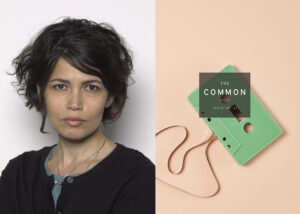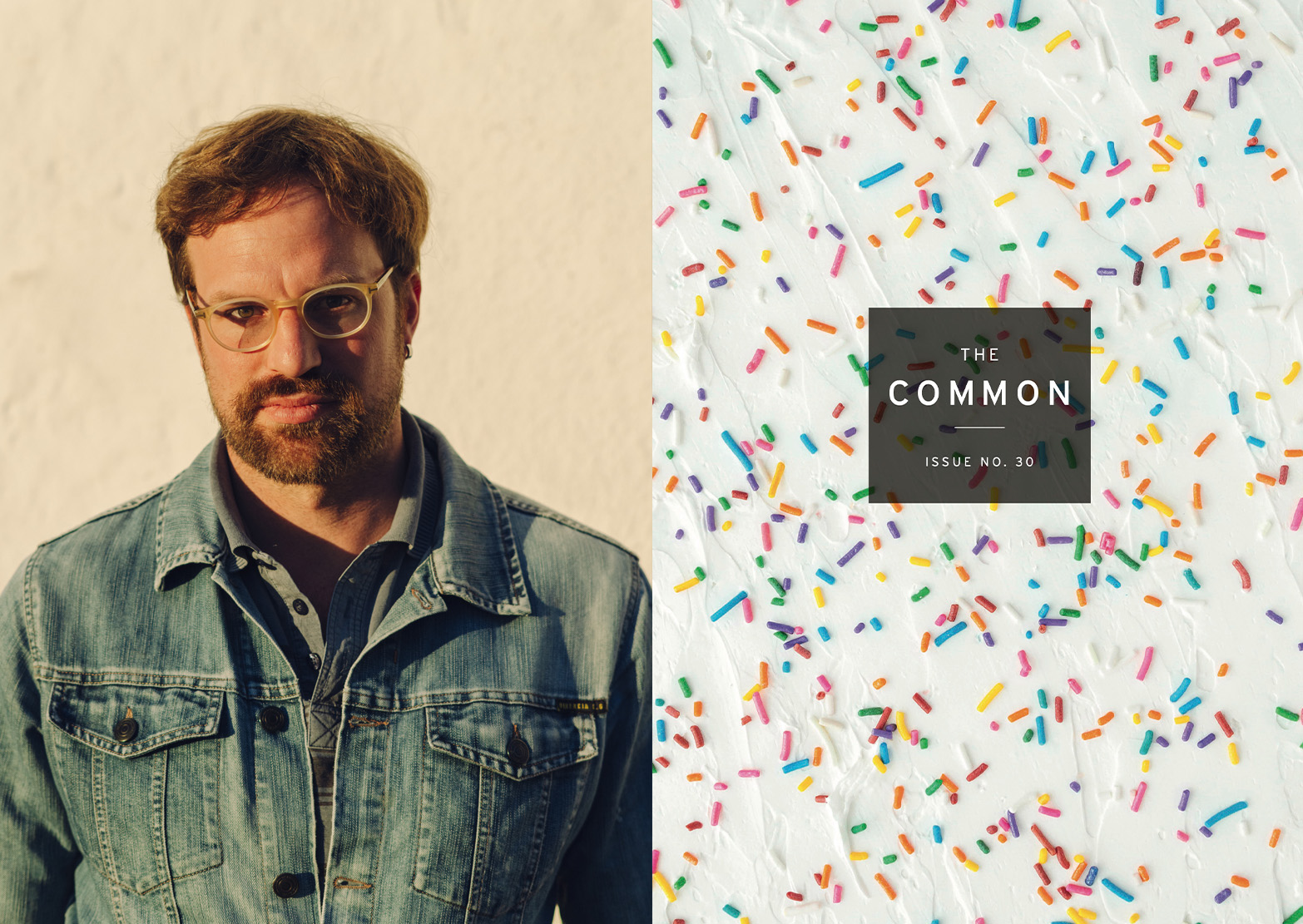Nariman Youssef speaks to managing editor Emily Everett about her work translating three short stories from Arabic for The Common’s portfolio of fiction from Morocco, in the spring issue. In this conversation, Nariman talks about the conscious and unconscious decisions a translator makes through many drafts, including the choice to preserve some features of the language, sound, and cadence that may not sound very familiar to English readers. She also discusses her thoughts on how the translation world has changed over the years, and her exciting work as Arabic Translation Manager at the British Library.

Nariman Youssef is a Cairo-born, London-based semi-freelance literary translator. She holds a master’s degree in translation studies from the University of Edinburgh, manages a small translation team at the British Library, and curates translation workshops with Shadow Heroes. Her literary translations include Inaam Kachachi’s The American Granddaughter, Donia Kamal’s Cigarette Number Seven, and contributions in Words Without Borders, Banipal, and the poetry anthologies Beirut39 and The Hundred Years’ War. Read her translations in The Common at thecommononline.org/tag/nariman-youssef.
Follow Nariman on Twitter at @nariology.
If you require a transcript or other accessible format, please contact us at info@thecommononline.org.
The Common is a print and online literary magazine publishing stories, essays, and poems that deepen our collective sense of place. On our podcast and in our pages, The Common features established and emerging writers from around the world. Read more and subscribe to the magazine at thecommononline.org, and follow us on Twitter @CommonMag.
Emily Everett is managing editor of the magazine and host of the podcast. Her stories appear in the Kenyon Review, Electric Literature, Tin House Online, and Mississippi Review. She holds an MA in literature from Queen Mary University of London, and a BA from Smith College. Say hello on Twitter @Public_Emily.




